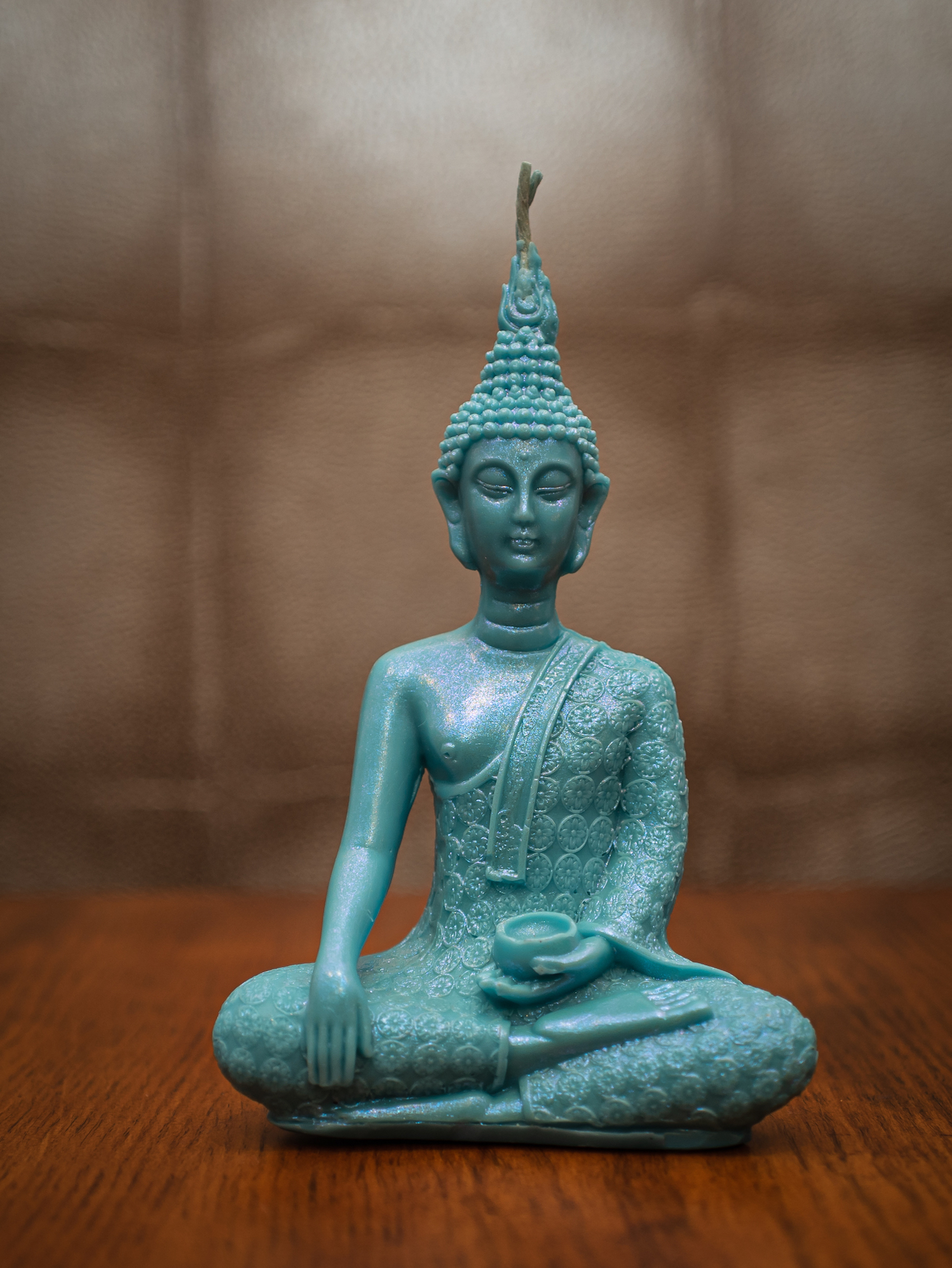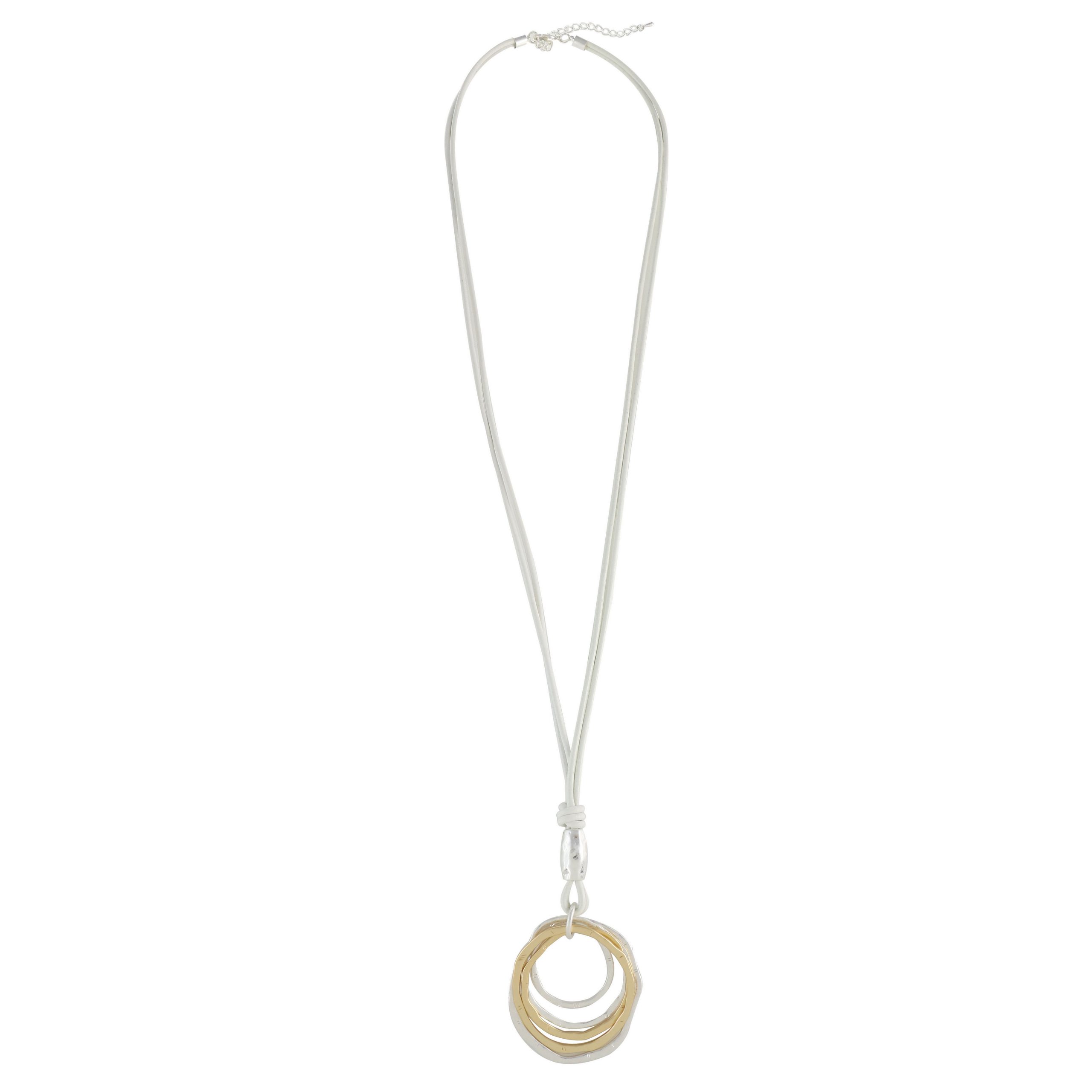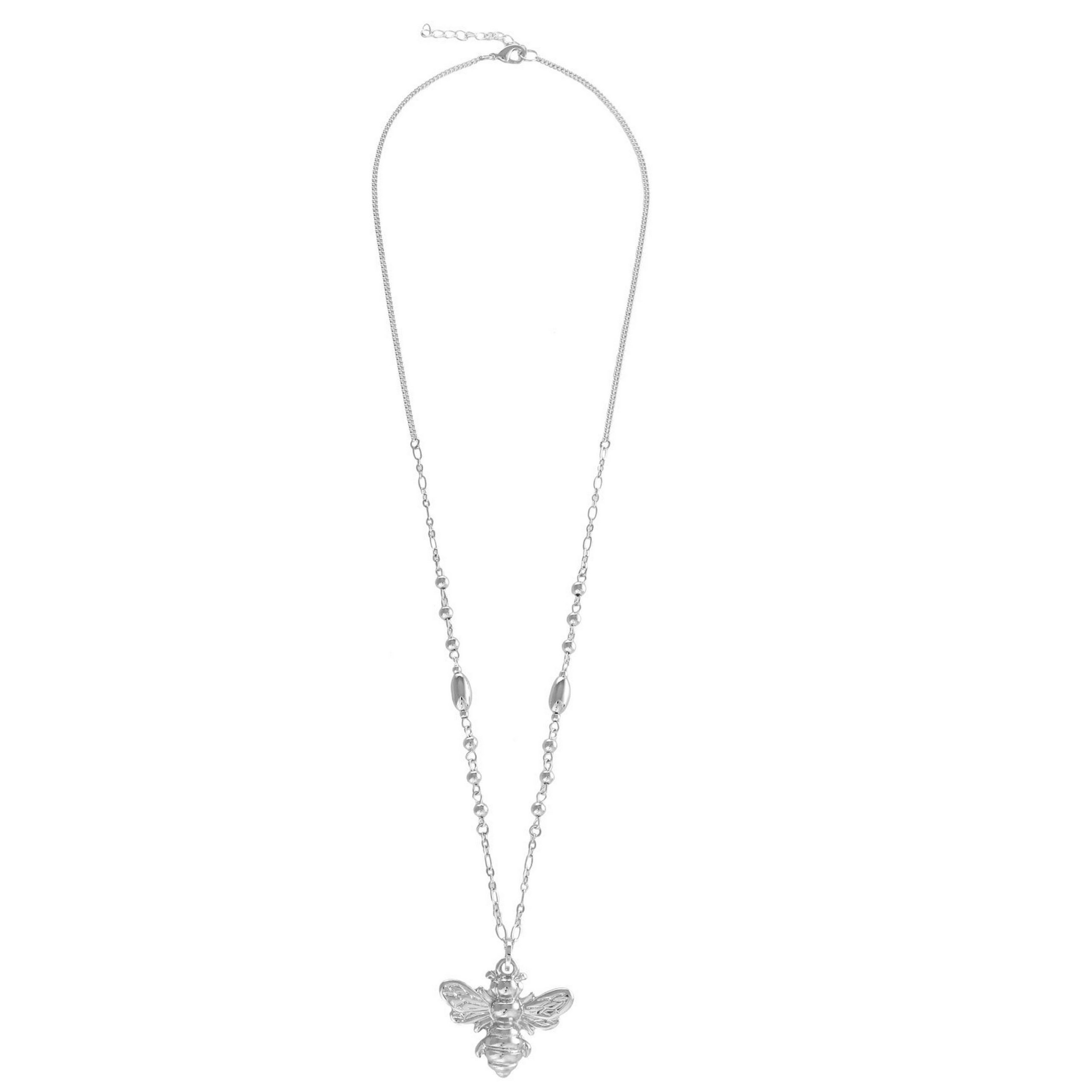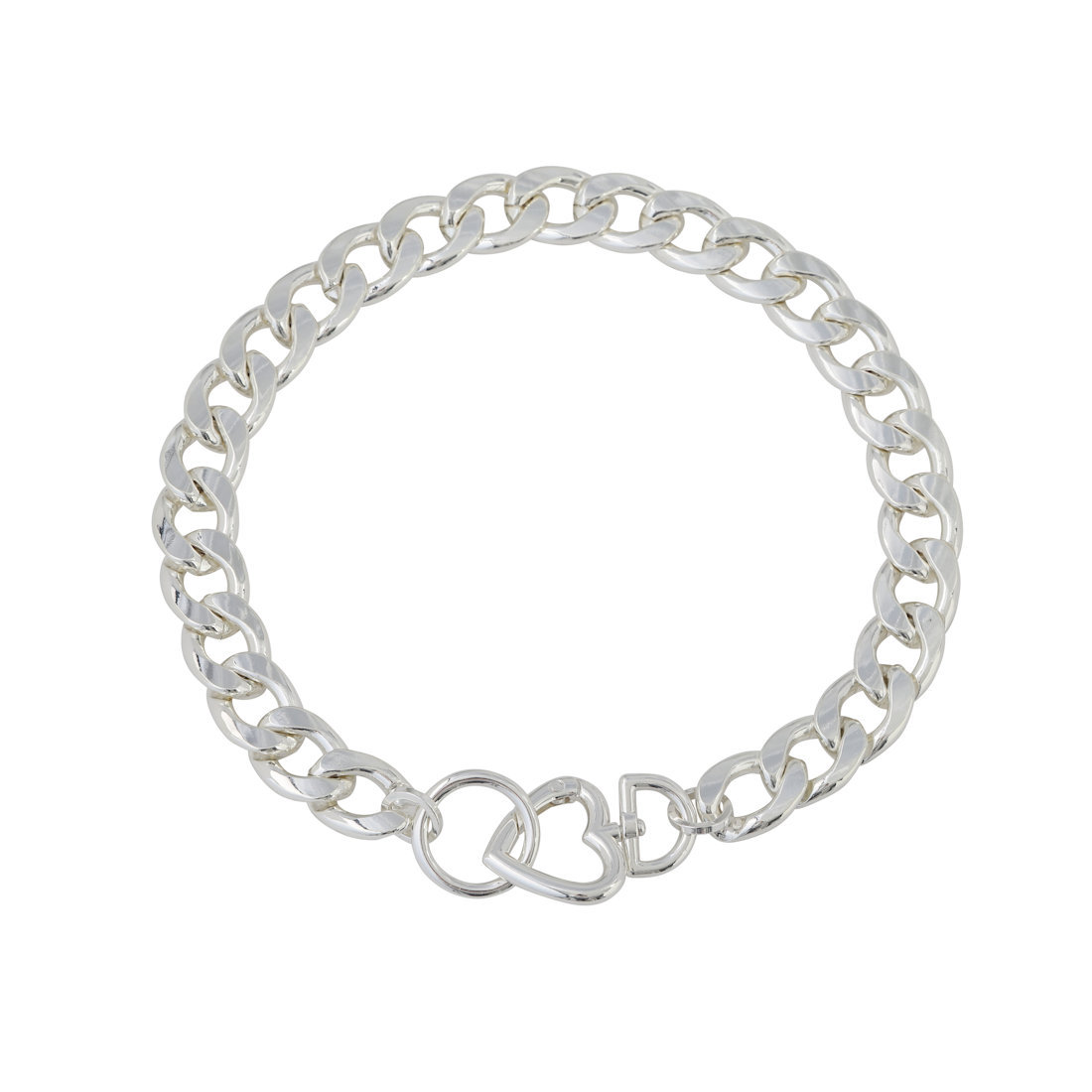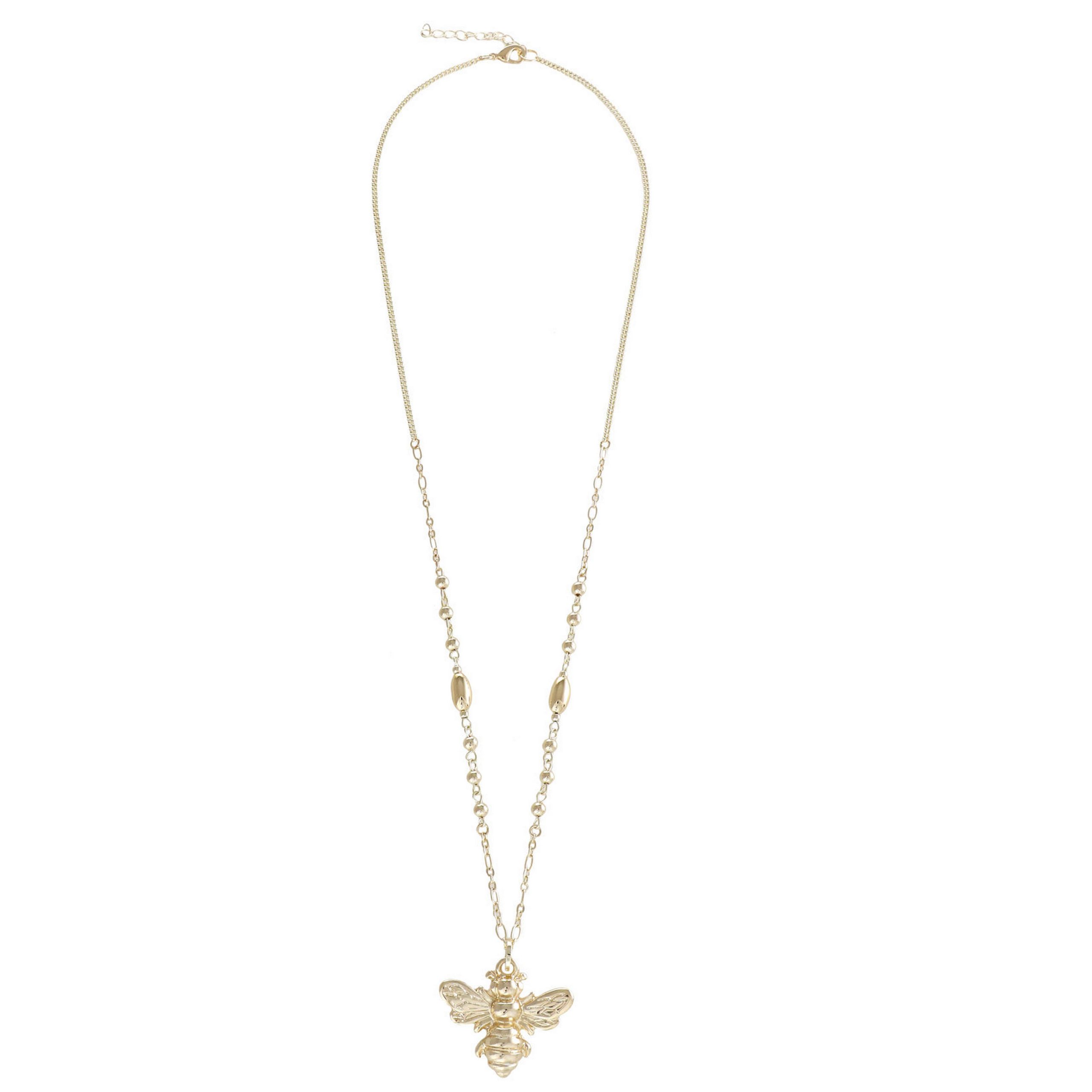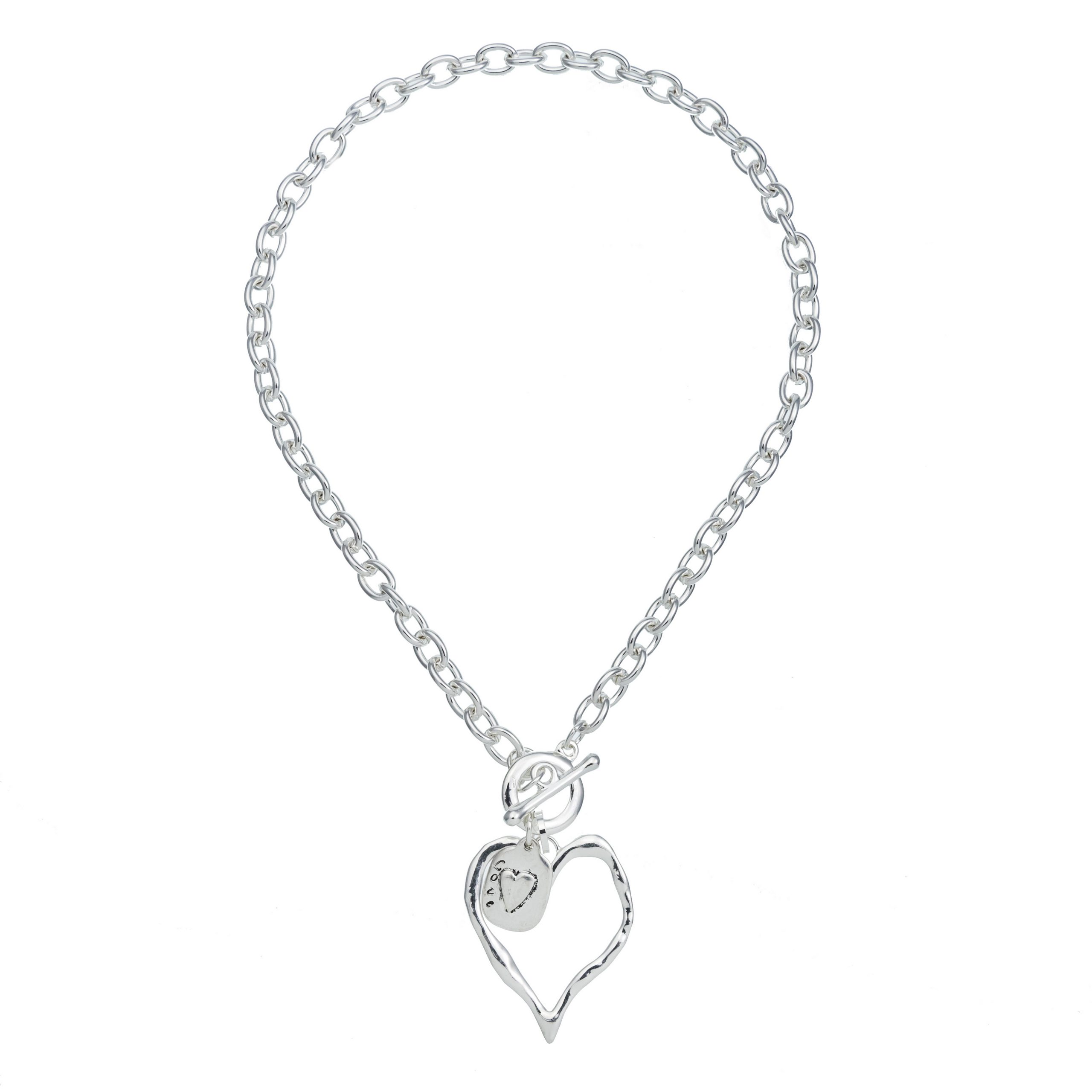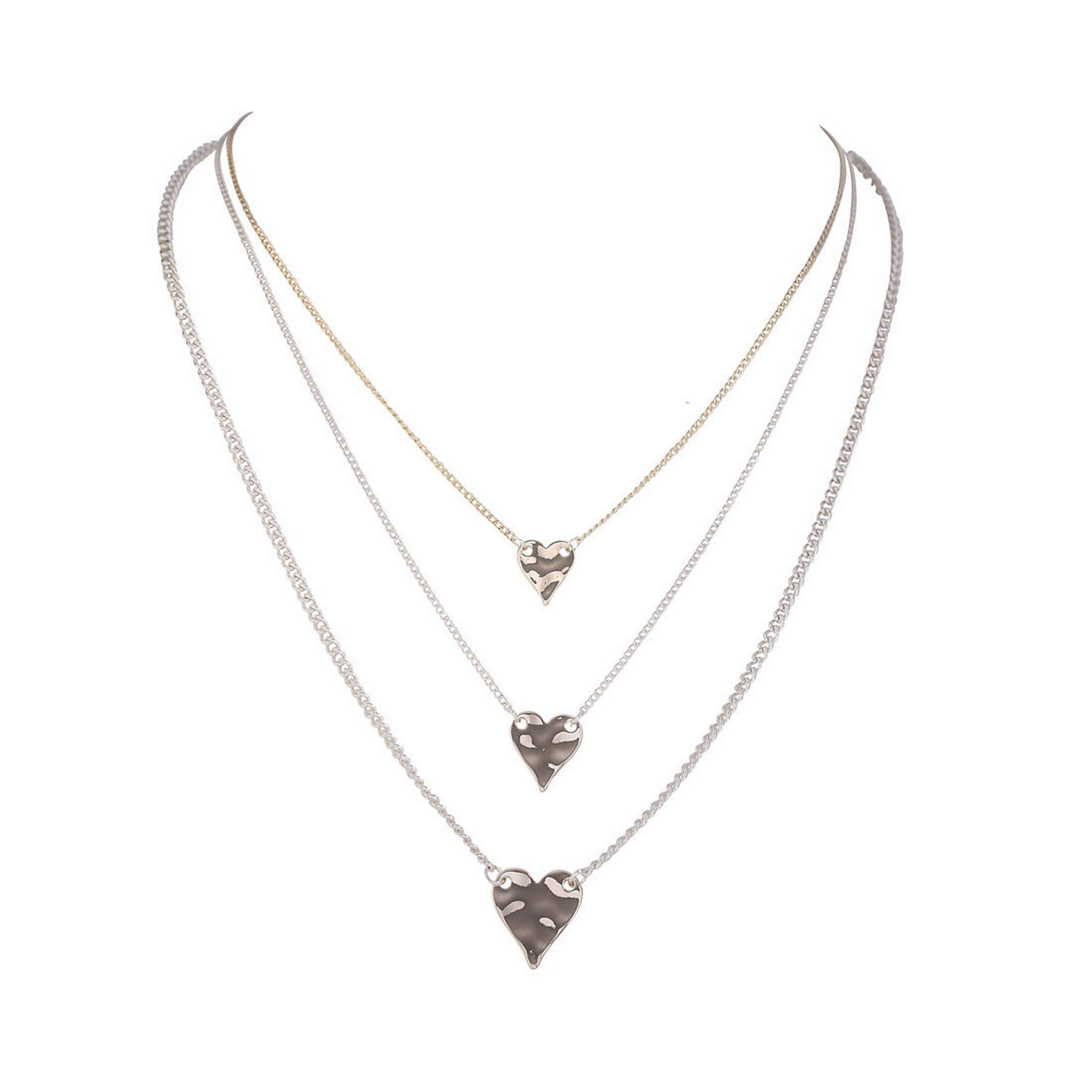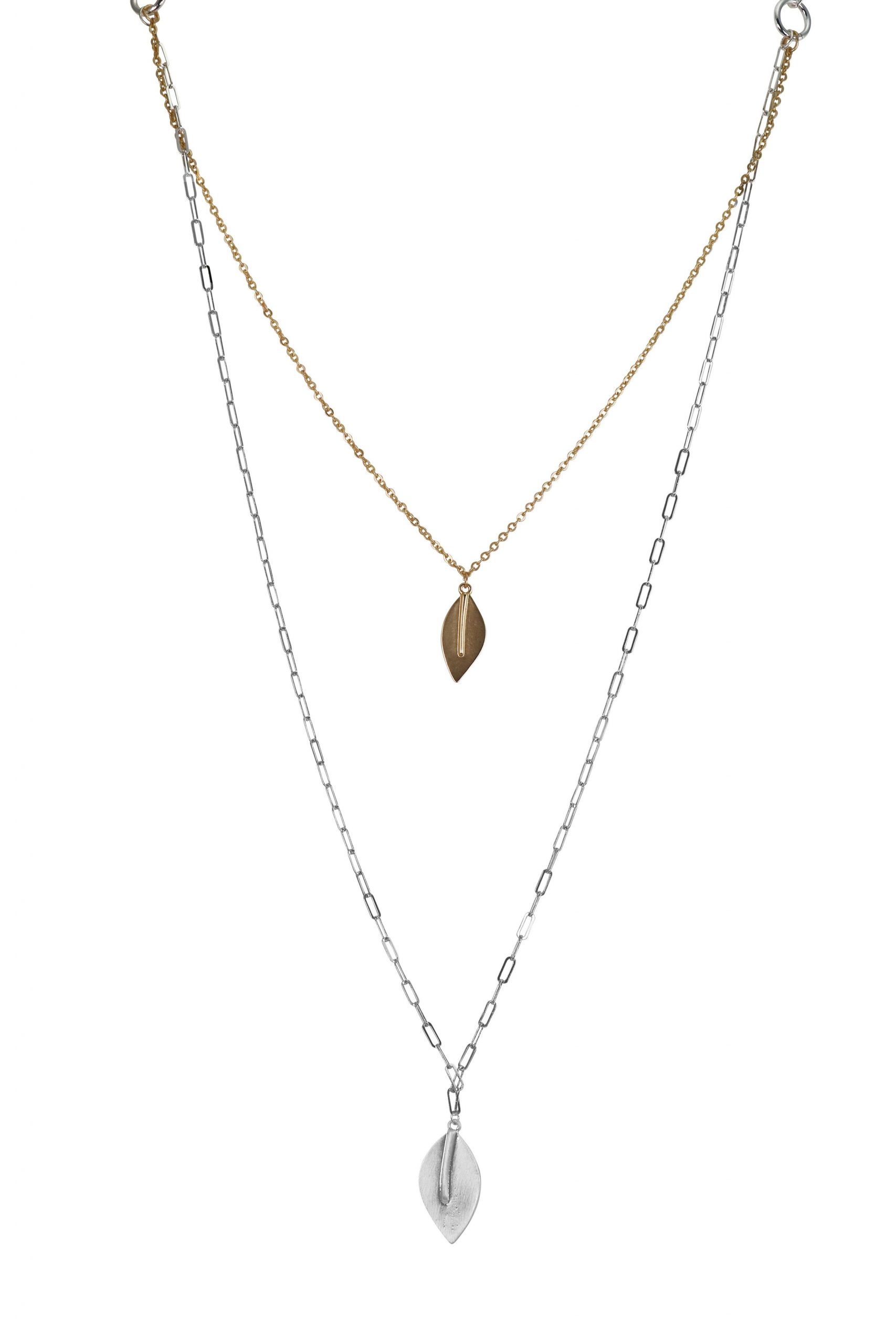Story By: Marla Genova
I “quit” preschool! In kindergarten, I refused to speak to others or participate in class. I dreaded being called upon even though I often knew the answers. This continued on for a couple decades.
In middle school, I experienced my first panic attack up at the podium: racing heart, sweating, shaking, difficulty breathing, a complete loss of control. My vicious cycle of avoiding any kind of formal or impromptu speaking began then.
My social anxiety began to improve in high school, thanks to one very special friend that broke me out of my “shell”. However, I still avoided presentations and requested to be dropped down an academic level falsely claiming I couldn’t handle the workload.
In college, you guessed it, I majored in Psychology. I discovered my diagnosis of Social Anxiety Disorder through a National Anxiety Awareness Day in my second year of college. A few months later, I enrolled in a Cognitive Behavioural Therapy (CBT) group research study for social phobia at Yale. This experience was life changing and my concentration in Research was established.
Although I made some improvement after participating in that group, my avoidance “strategy” was very time consuming, and ultimately caused a delay in my graduation twice, both in my undergraduate and
graduate degrees.
As would be expected with an anxiety disorder profile of a very high achiever, failure was not an option for me. I got an A on the one presentation I could not back out of, and I felt I actually did a great job and hid my anxiety well. What a relief; I thought I was “cured” … until I continued on with my avoidance pattern and it caught up with me.

WELCOME TO THE REAL WORLD
I would get very anxious at staff meetings/events, being observed working (usually interaction with a client), making/receiving phone calls, eating lunch with co-workers, making small talk, especially with my supervisors and the list goes on. Despite the anxiety, or maybe because of it, I worked very hard and managed to get promoted throughout the years. With the increased responsibility of a leadership role came more interaction, overseeing others and speaking.
Meanwhile, I was going through my graduate program anxiety-ridden and completely avoiding presentations all over again, and at work, which caused me to seek help. It took much time and searching to find a place that specialized in anxiety disorders, particularly CBT. Through the process, I accepted that social anxiety is a part of me, and that it actually has many great qualities attributed to it (yes, I was also shocked upon my revelation of this. In addition to a specialized therapist, I knew I also needed a group environment to provide support and structure, and to practice facing my fears in front of others.
SUPPORT GROUPS
I began as a member in 2006. Within a year, I was the co-facilitator, then solo facilitator, meeting each Saturday morning for 3 hours for 4-month sessions, guided by a program created by the Social Anxiety
Institute.
This helped me change my irrational thoughts to positive ones and most importantly gave me a structured environment to practice behavioural activities (also known as exposures). We also kept each
other motivated and accountable to work on our goals between meetings.
In 2009, I created a MeetUp group that was held in-person for 11 years right up to the start of the pandemic. I’m currently working on virtual meetings and creating small get togethers while restrictions are being lifted.
It is primarily a non-structured group with a mixture of new and continuing members that meets 1-2 times per month. Each time a newcomer attends, I feel a sense of renewal as I witness their first support group experience.
These meetings alternate between regular, discussion meetings and advanced “activity” meetings for behavioral exercises/exposures.
WORKSHOP
After attending an intense, 16-hour weekend workshop, Getting Over Stage Fright in 2010 directly addressing my fear of public speaking anxiety, my entire mindset changed. I immediately started giving speeches at Toastmasters (after being a member for 2 years without once giving a speech) and took on a leadership/officer role in my new club. This workshop is another example of me beginning as a participant, then advancing to a facilitator in 2017.
PERSONAL LIFE
While in relationships prior to my journey of overcoming SAD, I sometimes was unable to attend work company parties, be a part of very public endeavours/events due to the crowds and the “girlfriend role” in which I thought everyone was scrutinizing me. It also interfered with many other fun occasions. I endured weeks of extreme anxiety leading up to these events, convinced I would end up locking myself in a public restroom.
When I recently became single, I felt I had overcome my social and speaking anxiety at 95%. As I approached the dating scene again for the first time in so long, I had some slight to moderate social anxiety creep back in at the beginning. However, I realized it was nowhere as bad as it once was more than a decade prior because of all my coaching tools I was able to apply to myself. Having social anxiety and dating has been the main topic of many of my support group meetings sinceIt is especially harder for men as they feel the stereotype and need to make the first moves and be more assertive in public.
I was curious if my social anxiety would come back to some degree after getting divorced since major life changes sometimes triggers a setback. I was happy to see that I was more determined, empowered in facing the overall anxiety while adjusting to a whole different phase of life. I’m happy to share that I felt like a whole new person after the grieving process of divorce. I felt young and more alive than I had in years and was so excited to spend lots of time with friends and experience dating again. I especially find dating, specifically online dating, intriguing. If only I didn’t get divorced during the pandemic, I would have lived life even more fully and traveled more.
A WHOLE NEW WORLD
I’m able to put things in perspective and keep my thought patterns rational instead of trying to avoid a situation or enduring it with a great deal of anxiety. I’m constantly aware of the importance of maintaining my progress. It’s vital to my growth to continue meeting and (publicly or video) speaking with new people, nurturing the healing relationships with my fellow anxiety tribe, networking and keeping a healthy balance between socializing and solitude. I now live my life with a new outlook, confidence and energy that I never dreamed of. My experiences have created the person that I am today – the ups and downs and everything in between has served a purpose. As challenging as it was, I wouldn’t change a thing, it’s a part of me.
Ways to connect with Marla:
Email: MARLA@SociallySpeakingPlus.com
LinkedIn: https://www.linkedin.com/in/marlagenova/
FB: https://www.facebook.com/SociallySpeakingPlus
Insta: https://www.instagram.com/anxietycoachmarla/
Website: https://www.sociallyspeakingplus.com/free-resources/
Sign up to our newsletter if you want to see more content from The Graceful Boon! By signing up to our newsletter, you'll get an even more in-depth content from yours truly, Stacie Kiselman, who's our Graceful Boon, that you won't want to miss out on.



